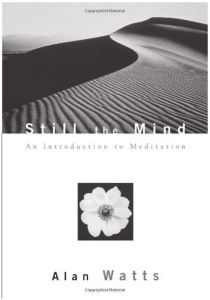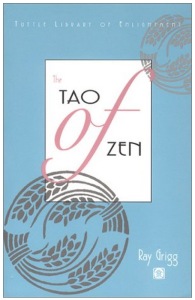This is the second of three posts featuring excerpts from the new book by Yuval Harari (Homo Deus: A Brief History of Tomorrow). The first post dealt with traditional religions, creeds and ‘isms.’ The excerpts below are some of Dr. Harari’s thoughts on the concepts of free will and consciousness.
Free will exists only in the imaginary stories we humans have invented. […] (The question is not whether humans) can act upon their inner desires — the question is whether they can choose their desires in the first place.
I feel a particular wish welling up within me because this is the feeling created by the biochemical processes in my brain. […] I don’t choose my desires. I only feel them, and act accordingly.
Once we accept that there is no soul and that humans have no inner essence called ‘the self’, it no longer makes sense to ask, ‘How does the self choose its desires?’ […] There is only a stream of consciousness, and desires arise and pass away within this stream, but there is no permanent self that owns the desires.
If I am indeed the master of my thoughts and decisions, can I decide not to think about anything at all for the next sixty seconds?
(There are) at least two different selves within us: the experiencing self and the narrating self. The experiencing self is our moment-to-moment consciousness. The narrating self is forever busy spinning yarns about the past and making plans for the future. […] It doesn’t narrate everything, and usually weaves the story using only peak moments and end results. […] Most of us identify with our narrating self. When we say ‘I’, we mean the story in our head not the onrushing stream of experiences we undergo. […] We always retain the feeling that we have a single unchanging identity from birth to death (and perhaps even beyond).
If you want to make people believe in imaginary entities such as gods and nations, you should make them sacrifice something valuable.
Each of us has a sophisticated system that throws away most of our experiences, keeps only a few choice samples, mixes them up with bits from movies we’ve seen, novels we’ve read, speeches we’ve heard, and daydreams we’ve savoured, and out of all that jumble it weaves a seemingly coherent story about who I am, where I came from and where I am going. This story tells me what to love, whom to hate and what to do with myself. This story may even cause me to sacrifice my life, if that’s what the plot requires. […] But in the end, they are all just stories.
Every moment the biochemical mechanisms of the brain create a flash of experience, which immediately disappears. Then more flashes appear and fade, appear and fade, in quick succession. These momentary experiences do not add up to any enduring essence.


 Excerpts from Alan Watts’
Excerpts from Alan Watts’  “The Tao of Zen is a nonfiction book by Ray Grigg. The work argues that what we recognize as traditional Chinese Ch’an/Japanese Zen Buddhism is in fact almost entirely grounded in Chinese Taoist philosophy, though this fact is well shrouded by the persistence of Mahayana Buddhist institutional trappings. Utilizing an array of scholarly commentary on the two traditions and historical deduction from what can be considered to be the best primary source material available, the author traces the development of Taoism and Buddhism in China and Japan for two millennia.” (
“The Tao of Zen is a nonfiction book by Ray Grigg. The work argues that what we recognize as traditional Chinese Ch’an/Japanese Zen Buddhism is in fact almost entirely grounded in Chinese Taoist philosophy, though this fact is well shrouded by the persistence of Mahayana Buddhist institutional trappings. Utilizing an array of scholarly commentary on the two traditions and historical deduction from what can be considered to be the best primary source material available, the author traces the development of Taoism and Buddhism in China and Japan for two millennia.” (